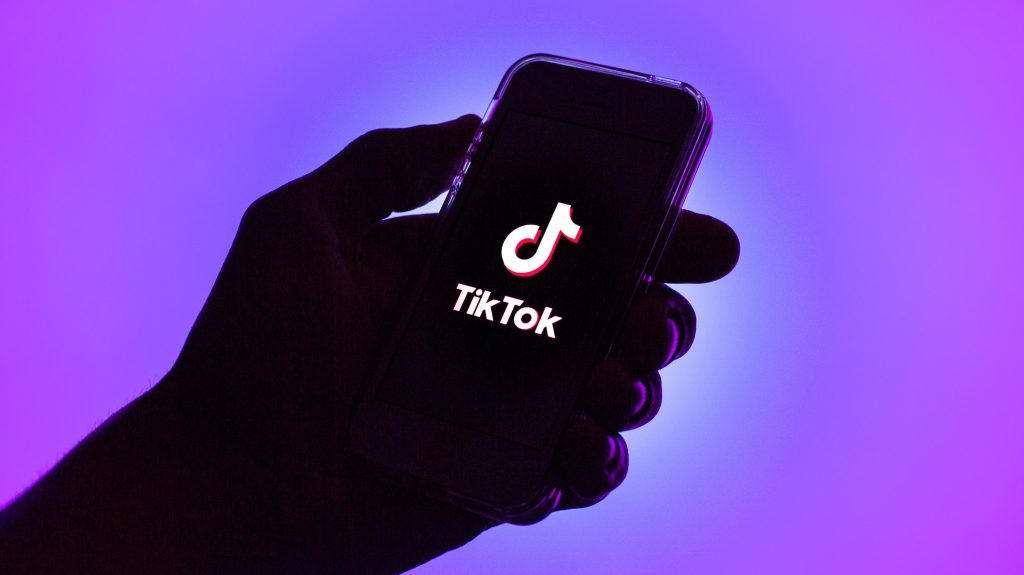The Biden administration is escalating its pressure campaign against TikTok, threatening a U.S. ban against the world’s most popular app if the company doesn’t split with its Chinese ownership.
The current administration’s public concerns around the hit app have ratcheted up considerably in recent days. The Wall Street Journal reported this week that the U.S. government is again seeking to separate the app from its Chinese owners, demanding the sale through the Committee on Foreign Investment in the U.S. (CFIUS).
TikTok pushed back against the new White House demand, arguing that the proposed solution wouldn’t resolve the U.S. government’s concerns. TikTok claims that the company’s own unusual gesture at self-regulation — undergoing an audit by U.S.-based tech giant Oracle, among other measures — would offer more resolution.
“If protecting national security is the objective, divestment doesn’t solve the problem: a change in ownership would not impose any new restrictions on data flows or access,” TikTok spokesperson Maureen Shanahan told TechCrunch. “The best way to address concerns about national security is with the transparent, U.S.-based protection of U.S. user data and systems, with robust third-party monitoring, vetting, and verification, which we are already implementing.”
That program, known as Project Texas, is part of an ongoing TikTok charm offensive in the U.S. that seeks to portray the company’s U.S. operations as transparent and accountable. The campaign comes with about $1.5 billion in infrastructure spending and corporate re-organization to erect a firewall between the company’s U.S. business and its Chinese ownership.
In an interview with the Journal, TikTok CEO Shou Zi Chew argued that Project Texas would place U.S. data beyond the reach of the Chinese government. He declined to answer if TikTok’s parent company ByteDance’s founders would be open to divesting.
“I do welcome feedback on what other risk we are talking about that is not addressed by this,” Chew said in the interview. “So far I haven’t heard anything that cannot actually be solved by this.”
The TikTok national security saga began during the Trump administration. The Trump White House’s threats against the company eventually culminated in a plan to force TikTok to sell its U.S. operations to Oracle in late 2020. At the time, TikTok also rejected an acquisition offer from Microsoft, but ultimately didn’t sell to Oracle either.
The deal was shelved indefinitely when the Biden took office the following year, a result of changing White House priorities and a flurry of successful court challenges by TikTok parent company ByteDance.
Last year, TikTok’s odd relationship with Oracle turned a new page, with the company shifting data on U.S.-based users to Oracle’s domestic servers. Around the same time, an explosive story from BuzzFeed documented internal TikTok discussions in which Chinese employees admitted to having open access to data on American users — reporting that ran counter to the company’s reassurances.
Since then, the Biden administration has expressed its own concerns over the hit Chinese app, which has taken the world by storm and dislodged U.S.-based social media incumbents.
On Thursday, Emily Baker-White, who has published a number of illuminating stories about TikTok and national security concerns, reported that the FBI and the Department of Justice are both investigating the company over concerns that it has surveilled American journalists. The U.K. also announced a TikTok ban for government devices Thursday — a move the U.S. government previously implemented. In recent months, some U.S. based colleges have also followed suit, complying with the guidance issued by state-level executive orders restricting the app.
In a recent Senate Intelligence hearing, FBI director Chris Wray voiced his agency’s own worries about the app and its ties to an authoritarian state with an increasingly adversarial relationship to the U.S. Wray confirmed his belief that the Chinese government could force TikTok’s U.S. operation to hand it control of the software, affecting many millions of Americans. If that came to pass, Wray argued that there might not be “outward signs” to indicate that the app was compromised at all.
“Something that’s very sacred in our country — the difference between the private sector and the public sector — that’s a line that is nonexistent in the way the CCP operates,” Wray said.
The timing of the Biden administration’s fresh efforts to raise alarm about TikTok probably isn’t random. Next week, TikTok CEO Shou Zi Chew will testify before the House Energy and Commerce committee, the chief executive’s first time before Congress. The hearing, scheduled for March 23, will explore TikTok’s “consumer privacy and data security practices, the platform’s impact on kids, and their relationship with the Chinese Communist Party,” according to the now Republican-led committee.
“Americans deserve to know how these actions impact their privacy and data security, as well as what actions TikTok is taking to keep our kids safe from online and offline harms,” Committee Chair Cathy McMorris Rodgers said.
More universities are banning TikTok from their campus networks and devices































Comment